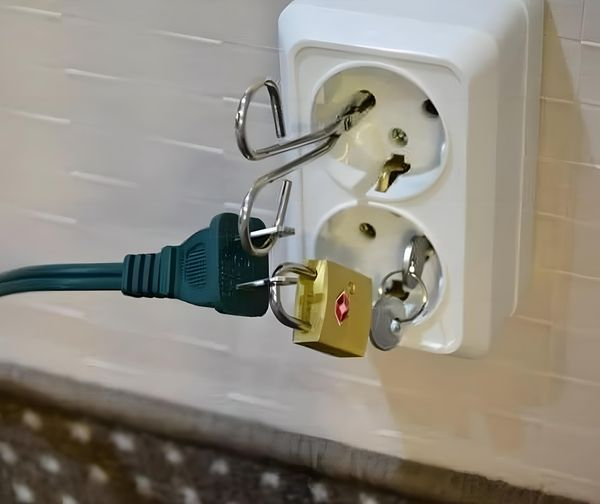beren
Well-Known Member
That’s only because very few things use 240 in the US and not 120. Most things can use both. The only countertop appliances I can think of is an espresso machine or a European electric kettle.Well yeah, but I just wasn't sure that code was the same for 240V circuits. I don't think I've ever actually laid eyes on a 240V circuit with multiple outlets.


















































![Craft A Brew - Safale S-04 Dry Yeast - Fermentis - English Ale Dry Yeast - For English and American Ales and Hard Apple Ciders - Ingredients for Home Brewing - Beer Making Supplies - [1 Pack]](https://m.media-amazon.com/images/I/41fVGNh6JfL._SL500_.jpg)








